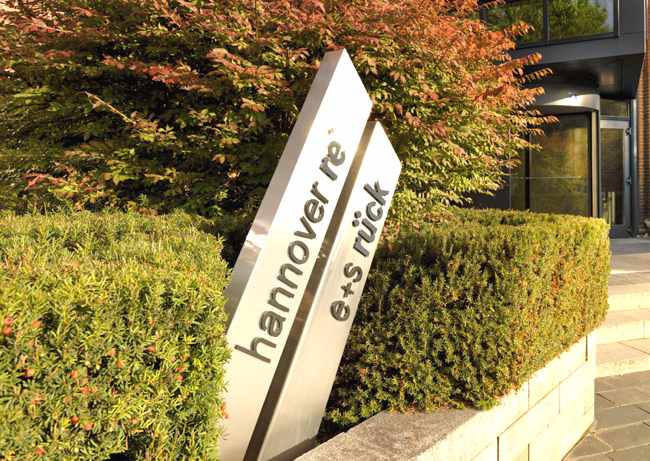Hannover Re: Relative retro advantage after Ian, alternative capital options

Having listened to comments from Hannover Re at its investor day in London this week, analysts from JP Morgan said the reinsurance firm expects to have a relative advantage over some peers when it comes to securing retrocession at renewals, while Goldman Sachs analysts highlighted the reinsurers ability to tap alternative capital for retro.
At the investor day, Hannover Re executives commented on hurricane Ian and highlighted some factors that may help the company perform better than some competitors.
The reinsurance firm pointed out that it writes a lower share of risks in Florida, compared to the rest of the United States.
In addition, Hannover Re said it has limited exposure to the public insurance schemes in Florida that cover flood and storm surge, by which we assume it to mean the NFIP.
The reinsurer said it expects to have an update on its exposure to hurricane Ian by its third-quarter results release at the latest.
The analysts from JP Morgan noted that the retrocessional reinsurance market had already become more challenging in 2022 before hurricane Ian came along.
Hannover Re’s executives had explained that roughly 85% of their retrocessionaires have a more than 10 year relationship with the company.
Which led the JP Morgan analysts to understand, “Even if capacity were more difficult/costly to obtain, Hannover Re would have a relative advantage compared to peers.”
Hannover Re leverages the capital markets within its retrocession program, including through its long-standing K-Cessions quota share retro sidecar facility, which sees the company sharing risks with capital market investors.
These long-standing arrangements should certainly put the reinsurer in a strong position when it comes to securing retro capacity, but of course Hannover Re will be subject to further rate increases, like everyone else, as retrocession is expected to harden further at the January 2023 renewals after hurricane Ian.
Of course, as we reported earlier this year, Hannover Re did downsize its retrocession program a little at the 1/1 2022 renewals.
The company cited reduced retro capacity for its needs and it’s possible a similar situation could emerge at 1/1 2023 renewals, as retro capacity is likely to be further constrained, unless fresh capital emerges.
Goldman Sachs analysts, who also attended the investor day, said that Hannover Re also noted that the reinsurer sees its retrocession program as a competitive advantage, given it is long-standing in the market.
They also said that Hannover Re’s executives are positive on the firms ability to attract some retro capital at the renewals, adding that Hannover Re also has other options to substitute retrocession and could look to use more alternative capital if necessary.
We’re told there are some markets that might look to write more retro at the end of year renewals, if rates spike significantly though, so that could assist the larger buyers of retro programmes.
In addition, there is an increasing focus on products like county-weighted index-trigger structures and derivatives, we’re told, with markets likely to try and make greater use of these, if traditional retro capacity sources run dry(er) after Ian.






